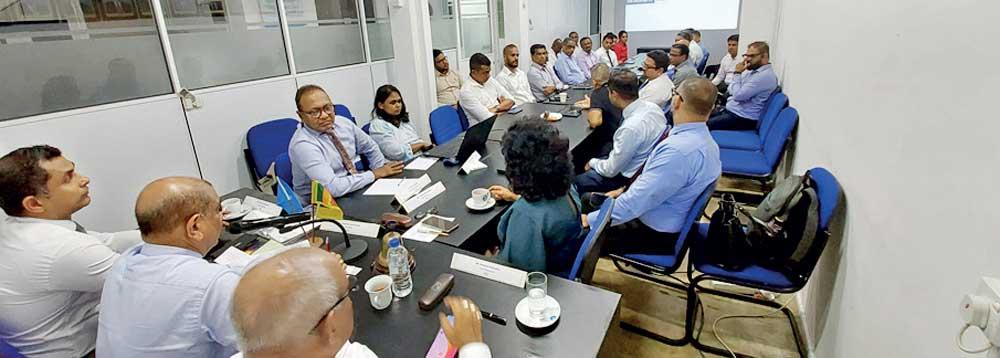20 Jul 2024 - {{hitsCtrl.values.hits}}

Sri Lankan exporters have expressed their strong opposition to the planned removal of the Simplified Value Added Tax (SVAT) system, highlighting its negative implications on the export sector and broader economy.
“Without SVAT, the exporters will be required to pay VAT upfront on their purchases, significantly straining cash flow and tying up capital essential for business operations,” a statement issued by the National Chamber of Exporters of Sri Lanka (NCE), the sole chamber representing the interests of Sri Lankan exporters, stated.
Scheduled for April 2025, abolishing the crucial mechanism is to be without a functional alternative in place.
“We advocate for maintaining SVAT until a robust and functional VAT refund mechanism is in place,” the NCE said.
The additional funds needed to cover the VAT payments are to increase the financial burden on the exporters, potentially hindering their growth and sustainability.
The NCE stated that reverting to the standard VAT system would also reintroduce the cumbersome paperwork and a slow refund process, which would divert the valuable resources away from the core business activities.
“The inefficiencies in the current VAT refund system mean that the businesses will face prolonged delays in receiving their due refunds, exacerbating cash flow issues and creating financial uncertainty,” the statement added.
The exporters believe that the increased costs and complexities could erode the competitive edge of Sri Lankan exporters, making it harder to offer attractive pricing in
international markets.
The heightened financial and administrative challenges are to discourage the businesses from pursuing export opportunities, potentially leading to a decline in overall export activities.
The move is to disproportionately affect the smaller businesses with less financial resilience and administrative capacity, risking their viability
and growth.
The SVAT system was introduced to address significant challenges faced by the exporters under the traditional VAT framework. By deferring the VAT payments and simplifying the refund process, SVAT provided several
key benefits.
The exporters, currently avoiding the financial strain of upfront VAT payments, better allocate resources towards business operations and expansion. SVAT streamlined the VAT process, minimising paperwork and administrative complexities for businesses and tax authorities alike.
By lowering the operating costs and avoiding VAT-induced cash flow issues, the exporters can maintain competitive pricing in the global market. SVAT ensures efficient and prompt VAT crediting, offering greater financial stability
to exporters.
22 Dec 2024 20 minute ago
22 Dec 2024 41 minute ago
22 Dec 2024 43 minute ago
22 Dec 2024 5 hours ago
22 Dec 2024 7 hours ago